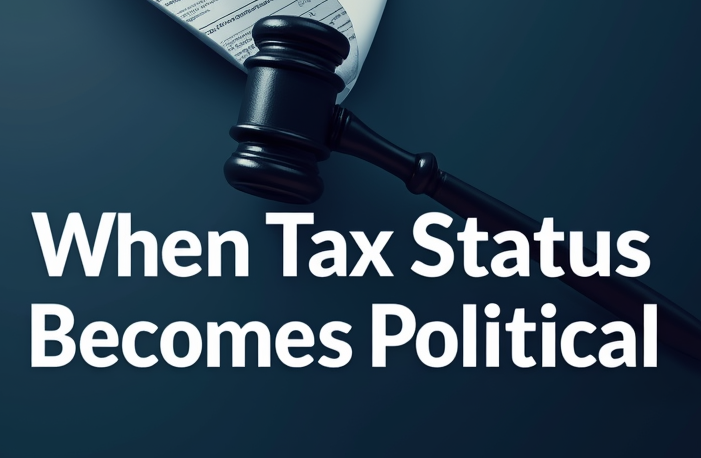The Position of The Nonprofit Alliance on the Need for a National Privacy Statute
The Nonprofit Alliance is an association representing nonprofit organizations, along with corporate partners who work in the nonprofit space. Our mission is to promote, protect, and strengthen the philanthropic sector. Here is a link to our website.
Nonprofit organizations rely on outreach to individuals and households for mission awareness.
Public trust is foundational to nonprofits’ ability to raise funds and provide vital services.
As Americans are sharing—and third parties are collecting—more personal data through online platforms and traditional consumer behavior, The Nonprofit Alliance (TNPA) affirmatively calls on Congress to enact a robust, national privacy statute providing uniformity for the proper handling of data to protect donors and allow for the legitimate use of data for public education and fundraising purposes.
TNPA’s advocacy efforts on Capitol Hill have been both bipartisan and bicameral, working with members of Congress toward enacting a comprehensive privacy statute. Passing such a statute is no small task. However, the urgency for such legislation becomes more evident every year, with additional states passing their own privacy statutes in the absence of a federal solution. The result is a growing patchwork quilt of various—and even contradictory—state privacy laws.
Our position: One clear national standard for data collection and use would best serve both consumers and nonprofit organizations.
TNPA believes that among the critical elements of a national privacy statute are:
- A uniform set of national standards and guidelines to create a clear, consistent framework for the handling of data, rather than varying requirements from state to state.
- A clear preemption of any current or future state privacy statutes.
- An opt-out framework, with clear and accessible disclosure and control for consumers, reasonable compliance requirements, and accountability.
- A reasonable determination of highly sensitive data requiring exceptional protections, including health information as defined by HIPPA, information related to children as defined by COPPA, and social security numbers and other unique government-issued identifiers.
- A requirement that litigation relative to a federal privacy statute be filed in federal court to provide greater national uniformity of enforcement.
- Exclusion of a Private Right of Action. This phrase sounds positive but would result in a proliferation of lawsuits, many of which would be designed not so much to vindicate rights, but rather to profit from litigation. For the many nonprofits and small businesses with limited legal resources, their mission effectiveness—or even existence—would be under constant threat.
- Compliance and enforcement residing in the Federal Trade Commission. The FTC has a long history of assertive and balanced enforcement under both Democratic and Republican administrations.
- Differentiation between the few big tech companies and the many other businesses and nonprofit organizations that collect and use data. Legislation written with big tech in mind will likely overreach and/or overburden the vast majority of entities that will be expected to comply.
It has been, and continues to be, the goal of TNPA to work with Congress to help in the effort toward enactment of a comprehensive national privacy statute.



